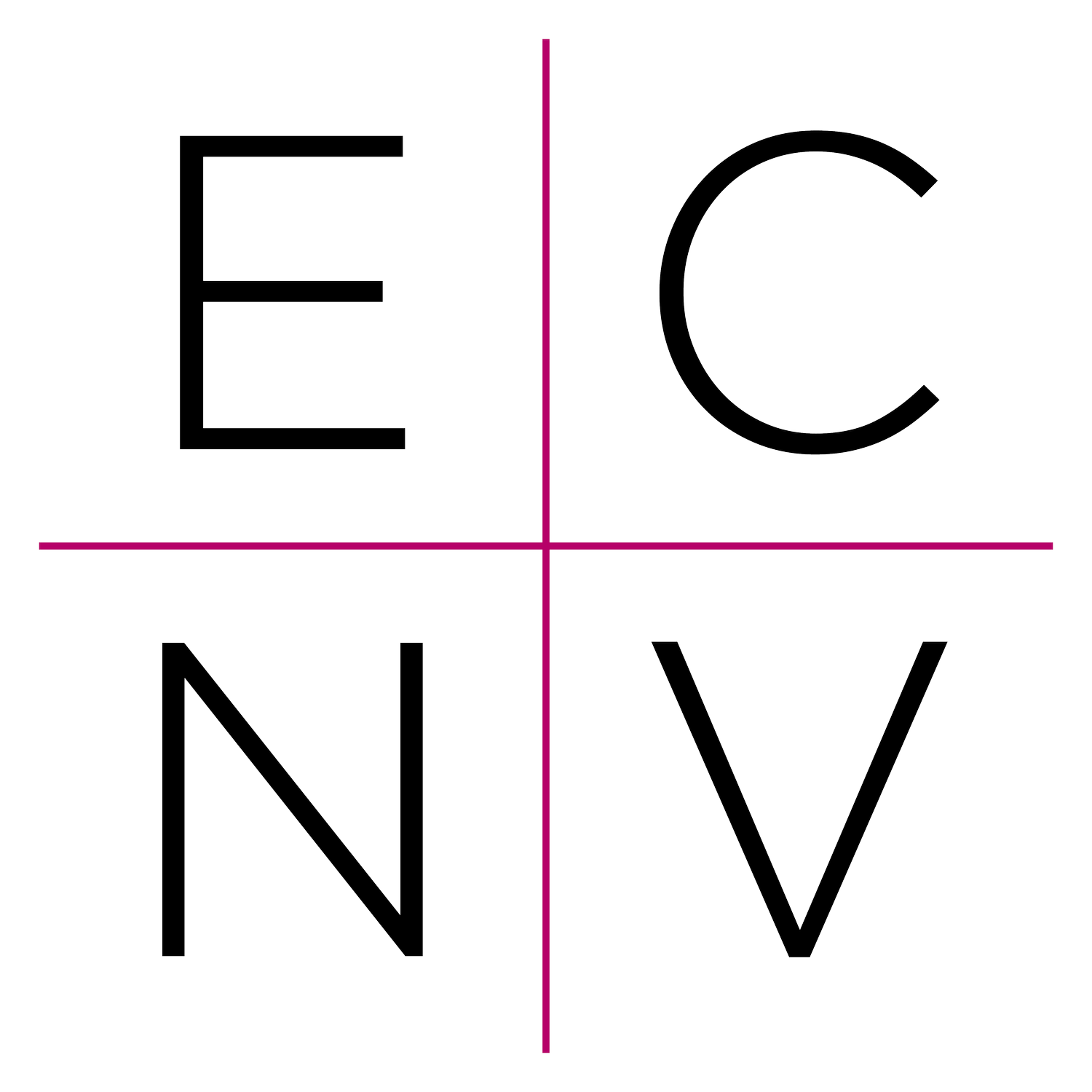Metro Access Fares Will Be Capped At $4!
For the first time, Metro Access fares will be capped at $4! ECNV has always played an active role in advocating for the rights of individuals who have disabilities in Northern Virginia and at state and federal levels. From its beginning, ECNV has been a prominent force in working for a more accessible and responsive public transit system in the Metropolitan Washington community, collaborating with other CILs in the region and various consumer advocacy groups.
The issue of the inaccessibility of public transit galvanized nearly all disability rights groups to advocate for an omnibus disability rights law, which became the Americans with Disabilities Act of 1990. ECNV and other CILs were prominently involved in the advocacy in the streets and in the Halls of Congress that led to enactment of the ADA. But, the advocacy did not end with enactment of the ADA.
Over the years, activism at the local level was needed time and time again to bring about changes that have made our public transit systems, e.g., Metro bus and rail and local transit services like Arlington’s ART Bus, Alexandria DASH, and Fairfax Connector Bus, more accessible to and usable by people with disabilities.
The creation of the new ADA paratransit service known as Metro Access in 1994, which was required by the ADA, was the result of the work of disability rights activists who volunteered to serve on a WMATA advisory committee. These included former ECNV Board Presidents Frances Lauder, Richard “Dick” Heddinger, and Lawrence Pelkey. They made certain that Metro Access would serve the entire Washington Metropolitan region so that Northern Virginians with disabilities could travel into and out of the District and the Maryland suburbs, enabling them to live independent lives, successfully pursue jobs and competitive employment, and enjoy participating in the community.
ECNV advocates were also instrumental in creating locally funded ADA complementary paratransit services like Alexandria DOT in 1983 and Arlington STAR in 1998. These included Robert “Robbie” Werth, George Caddy, and John Duty Collins III in Alexandria and Larry Pelkey and Joseph De Phillips in Arlington.
Throughout the 2000s and 2010s, Northern Virginians like Phil Posner, Tapan Banerjee, and Brian Miller served on the WMATA Accessibility Advisory Committee. Currently, ECNV disability rights advocates serve on the WMATA Accessibility Advisory Committee (AAC) and were vocal in advocating for changes that were recently announced to improve Metro bus, rail and Metro Access services and make them more affordable. These will go into effect July 1, 2023 and include:
Establishing a cap of $4 for metro Access trips. The new Metro Access maximum fare is a reduction in the maximum price of a Metro Access trip of $2.50 per trip.
Increasing the frequency of Metro rail and Metro bus service in many areas throughout the Metropolitan Washington Area,
Decreasing the maximum fare cap on Metro rail from $6.50 to $6 and adding a new low income fare for SNAP (Food Stamp) recipients across the entire region. This is in addition to a free bus fare initiative established in the District of Columbia, and
Eliminating the $2 fee paid by seniors who purchase a Metro bus and rail discount fare card. This proposal was approved pending a Title VI equity analysis and final approval based on that analysis.
ECNV advocates currently serving on the WMATA AAC include ECNV Board Member Kelley Simoneaux, ECNV volunteer and former Board President Marcie Goldstein, and ECNV Director of Advocacy and Outreach Doris Ray.
“It often takes time, persistence and lots of commitment to achieve the changes we seek, but it’s all worthwhile,” said Marcie Goldstein, “and the pay-off for the disability community can be significant like this one!”
ECNV Executive Director Dominique Dunford-Lack added, “That’s why we hope you too will get involved. There is lots to do to make our community here in Northern Virginia more accessible, inclusive and equitable for all.” She concluded by saying, “We need more volunteers to get involved with local boards and commissions, testify at public hearings, and be our eyes and ears in the community to identify issues and concerns, bring them to our attention, and work with us to make changes happen.”
That’s why ED Roberts, one of the founders of the Center for Independent Living in Berkeley, California, often remarked when asked what was the most important service provided by a CIL, “Advocacy, Advocacy and Advocacy, but not necessarily in that order!”
For more information about ECNV advocacy efforts and activities, contact Doris Ray at dorisr@ecnv.org or call 703.673.4489 (V/R) or on video phone. One new project that we are planning is a new advocacy-focused newsletter and we are seeking volunteers to work on that project, including reporters, writers and editors.
